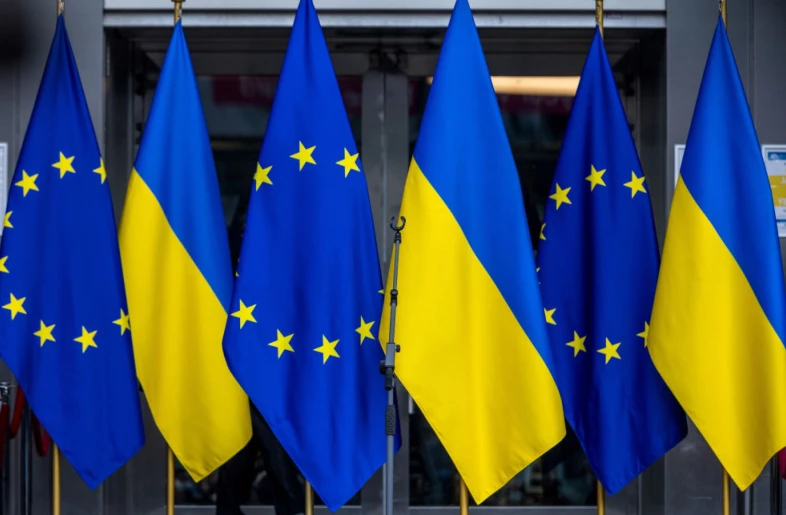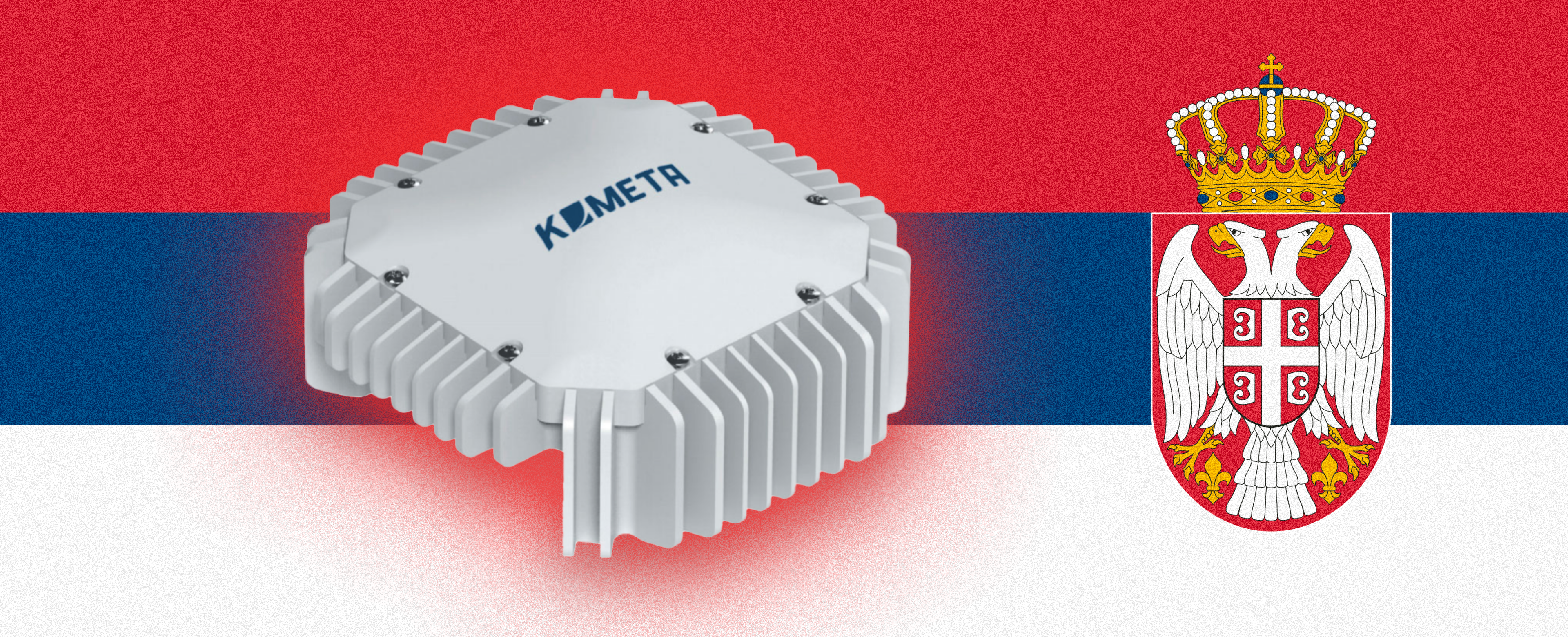Several Eurointegration initiatives predominantly marked the last two weeks within Verkhovna Rada. However, current Ukraine's EU candidacy issues were not the only tasks the MPs had to work with. Parliament approved some economic initiatives, continued adaption to a long-term martial law, and even got down to census issues.
The beginning of these Eurointegration weeks has started with four main initiatives:
- Ratification of the Istanbul Convention.
- The adoption of the Anti-Corruption Strategy, which has not been in place since 2017.
- Implementing the European waste management model.
- And solving the forest conservation issues.
Along with this, the Verkhovna Rada also undertook to strengthen the protection of intellectual property rights, bring the regulation of copyright issues in accordance with European legislation, and protect the rights of geographical indications for agricultural and food products. All these laws are designed to bring Ukraine closer to EU standards.
In matters of the economy, the Parliament introduced :
- "Customs Visa-Free".
- Martial law moratorium on increasing gas and heat prices for the population.
- The VAT cancellation for industrial parks.
- Abolition of the free customs clearance of preferential imports, including cars.
- Procedures of the enterprises' relocation during and after the war.
Among other initiatives, the Verkhovna Rada
- Improved the medical care regulations.
- Introduced martial law simplification of
- The mechanisms for using the special budget fund of local budgets.
- The procedure for establishing the facts of birth and death.
- The labour issues.
- And also eliminated inconsistencies in some previously adopted laws.
The MPs also adopted several important initiatives in the first reading. First of all, new legislation on the state's statistics and its modernization. In particular, the All-Ukrainian population census potentially will be conducted once every ten years. In addition, Parliament supported the development of an E-court in Diia application together with the improvements in pre-trial investigation procedures during martial law. The changes also affected the area of financial reporting for small and medium-sized businesses.
In addition to the Istanbul Convention, Parliament ratified cooperation with the Republic of Tunisia, the Protocol on Law Applicable to Maintenance Obligations, and the ETS No. 063.
Verkhovna Rada also appointed a new Parliament Commissioner for Human Rights - Dmytro Lubinets, MP, Head of the Parliamentary Committee on Human Rights, de-occupation and reintegration of the temporarily occupied territories.
Last, a Parliamentary Temporary Special Commission for the laws of war and war crimes was formed. The commission, consisting of 15 people's deputies, was headed by Oleksandr Bakumov, a member of the Committee on Law Enforcement.
👉 You can find all links to legislative acts in the Ukrainian version of this post.




